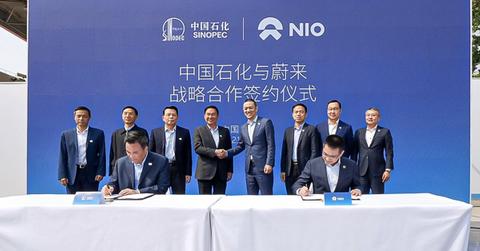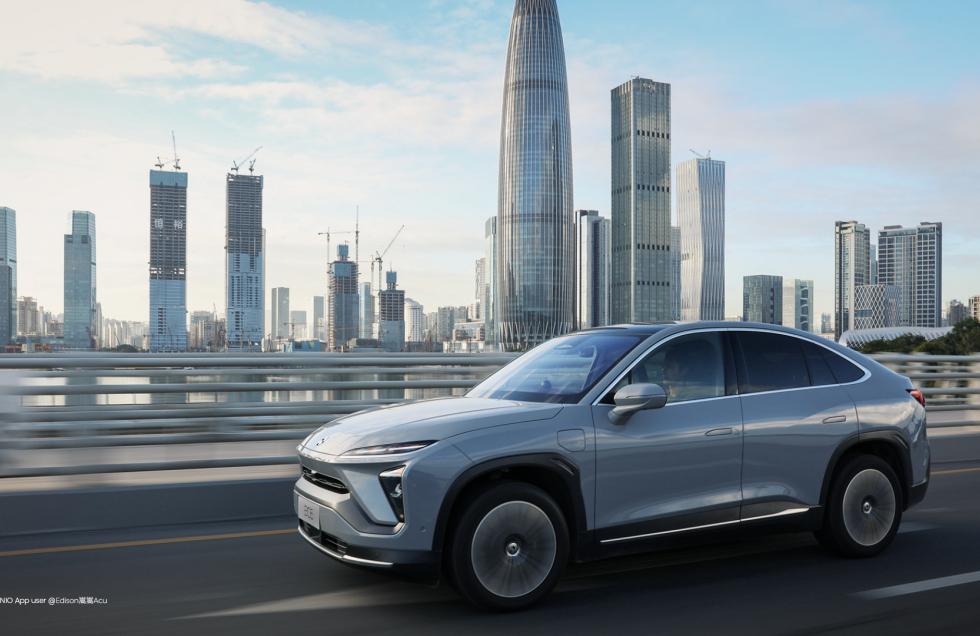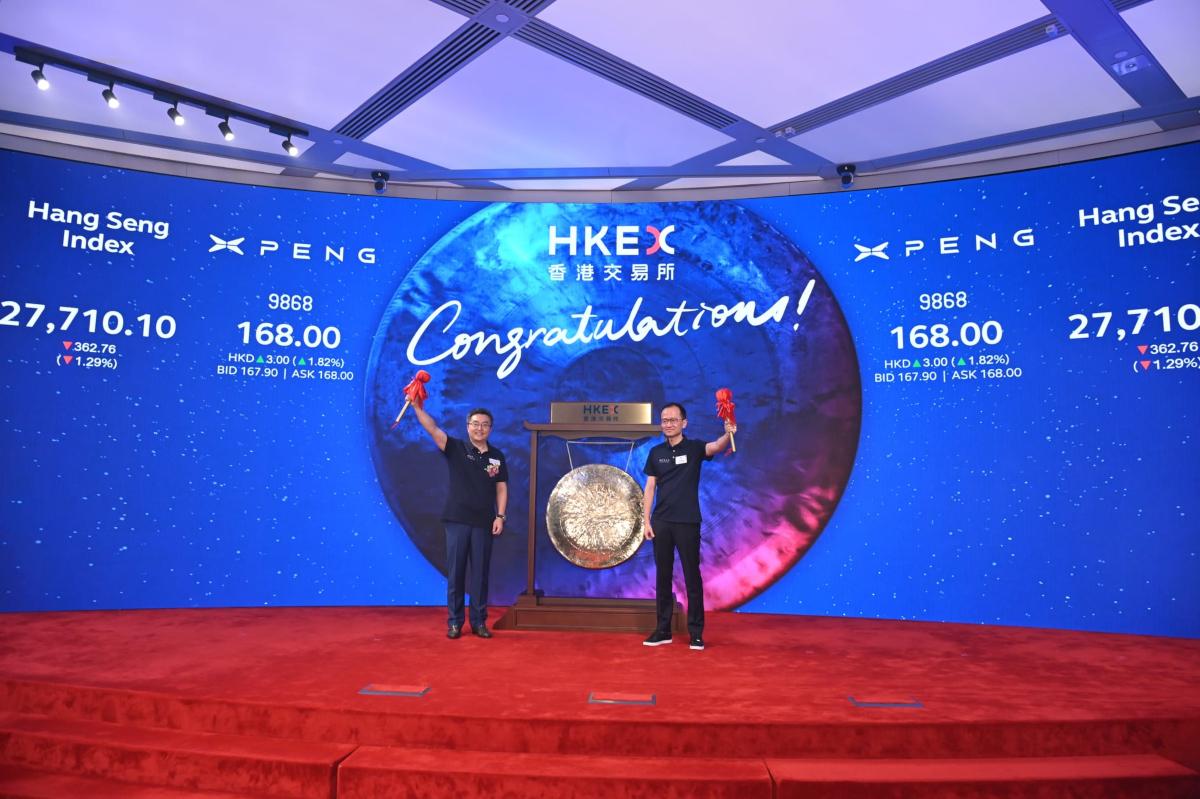Chinese Stocks Are Delisting: Will NIO Be the Next in Line After Didi?
Chinese stocks are delisting. Will Chinese EV (electric vehicle) company NIO be the next to delist from the U.S. markets after Didi?
Dec. 3 2021, Published 10:22 a.m. ET
As feared, Didi, which listed in the U.S. markets in July, has decided to delist from the U.S. and list in Hong Kong instead. The move comes after China asked the company to delist from the U.S. due to data security concerns. In the U.S., the SEC has finalized the rules that allow it to delist foreign companies that don’t comply with audit rules. Will Chinese EV (electric vehicle) company NIO be the next to delist from the U.S. markets?
China’s tech crackdown and the eventual delisting of Didi have exemplified the geopolitical risks of investing in foreign stocks. While the risk was always there, it only remained a textbook case. Looking at what’s been happening in China, 2021 will go down as a case study of risks associated with investing in foreign, especially Chinese, stocks.
The U.S. could also delist some Chinese companies.
In Didi’s case, it wasn’t U.S. regulators, but Chinese regulators who wanted the company delisted. Under the presidency of Xi Jinping, China has tightened data norms in the country. The Chinese government thinks that Didi is a security threat. The company has data for millions of Chinese citizens. It isn't just listed in the U.S. markets. Its top two stockholders—SoftBank and Uber—are also non-Chinese entities.
Meanwhile, the U.S. is tightening norms for foreign companies listed in the U.S. While the norms are generic in nature and are applicable for all foreign companies, the new rules are devised to delist Chinese companies that don’t comply with the audit norms.
The SEC has finally adopted amendments to implement the Holding Foreign Companies Accountable Act, which was passed in 2020. Under the new rules, the Public Company Accounting Oversight Board would get to audit the consecutive three-year financials for foreign companies and a failure to comply could lead to delisting.
China might also clampdown on VIEs.
While China has denied that it plans to delist Chinese companies with a VIE (variable interest entity) structure, not many overseas investors seem convinced. In the U.S., SEC Chairman Gary Gensler has also spoken against these VIEs where U.S. investors don’t own the foreign company directly but through a shell company.
Many Chinese companies listed in the U.S. are VIEs.
VIEs have been the popular route for Chinese companies to list in the U.S. Some of the best-known Chinese companies, including Alibaba and NIO, formed VIEs to list in the U.S. market. If China or the U.S. clamps down on the VIE structure, we could see another wave of delisting of Chinese stocks in the U.S.
NIO is also a VIE and risks delisting.
On most occasions, investors don’t read the fine print in filings. For example, Didi warned about the regulatory risks and investigations that it faces in China. Even in the filings, NIO talked about the risks associated with its VIE structure.
“If the PRC (People Republic of China) government deems that our contractual arrangements with our variable interest entities do not comply with PRC regulatory restrictions on foreign investment in the relevant industries, or if these regulations or the interpretation of existing regulations change in the future, we could be subject to severe penalties or be forced to relinquish our interests in those operations,” said NIO in its SEC filings.
Will NIO be the next Chinese company to delist?
NIO might not face the kind of crackdown that other tech names witnessed in China. The country sees the EV industry as a strategic industry and wants it to flourish. However, NIO’s VIE structure is a potential risk for investors. Also, the company has ties with arms of the Chinese government and in 2020 it was bailed out by strategic investors including the Hefei Municipal Corporation.
While NIO doesn't face an imminent delisting, the VIE structure and ties with the Chinese government are risks that investors need to watch out for. Incidentally, fellow Chinese EV company Xpeng Motors read the writing on the wall and went for a dual primary listing in Hong Kong in a bid to offset any possible delisting in the U.S.
Among other Chinese companies, Alibaba and JD also have a dual listing in Hong Kong. After the Didi episode, more U.S.-listed Chinese companies will likely seek a secondary listing in Hong Kong, which for all practical reasons is now fully a part of the PRC.




